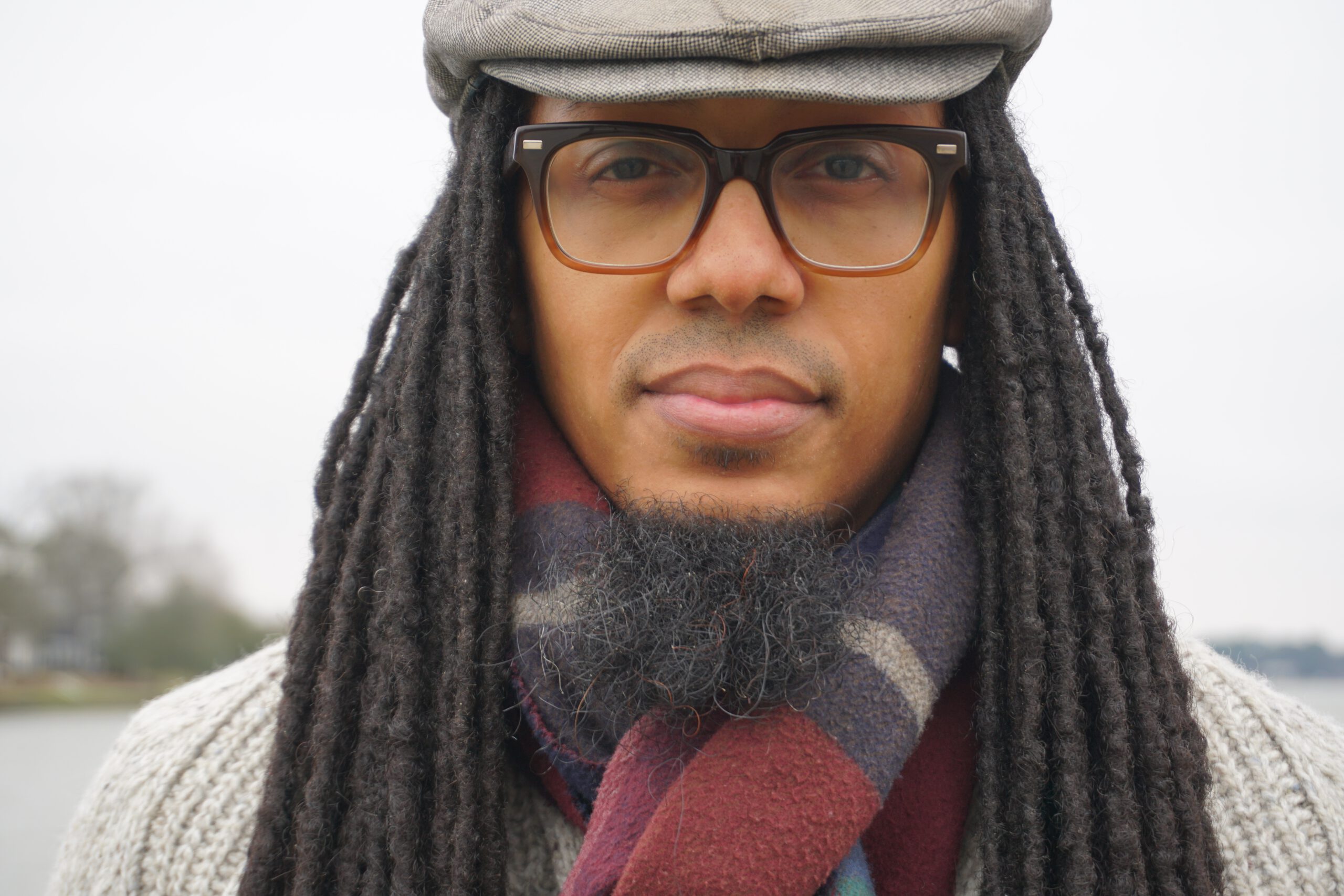Down a Black (W)Hole: Blackness, Racial Authenticity, and American Politics
By D’Weston Haywood, Ph.D., Columnist
California Senator Kamala Harris is among a growing field of Democratic candidates running for president in 2020. As such, she has recently come to bear the distinguished honor of having her blackness called into question. The distinction is a historical one that has tended to descend on a rare class of Black people, whether with high public visibility or high ambitions or both, dogging a wide range of well-known Black figures from Malcolm X to Barack Obama. In one response, Harris was right to point out that blackness is not and has never been one simple thing. “I think they don’t understand who black people are,” she said of people who pose the question. “Because if you do,” she continued, “if you walked on Hampton’s campus, or Howard’s campus, or Morehouse or Spelman or Fisk, you would have a much better appreciation for the diaspora, for the diversity, for the beauty in the diversity of who we are as black people.” “Some folks have a limited vision of who we are as black people,” she added. Harris correctly rejected the notion of a monolithic blackness. Yet, as much as the question is fraught with problematic assumptions about blackness having some kind of uniform essence that can be quantified (recall the one-drop of “black blood” rule during slavery and Jim Crow), it still reveals much about how central race is in shaping American electoral politics.
At the core, the question is “How black are your politics?” Put another way, how committed are you to black people and the issues and policies most relevant to their experiences, histories, and futures? This core question speaks to one of the many ways in which black voters are critically thinking about electoral politics and those seeking to represent them. That blackness, however defined or performed by a candidate, does not guarantee political support without that candidate having real substance. This core question then becomes a larger question not about racial authenticity, i.e., how black are you, but as scholar John L. Jackson, Jr. might term it, one of racial sincerity, i.e., how invested are you? Harris’s controversial work as California’s attorney general will be up for debate here.
As some black people debate whether a candidate is black enough in order to determine their real or perceived racial loyalties in terms of personal experiences and policies, we tend to lose sight of just how much other voters also want to know the answer. Indeed, in our current political moment of strident White Nationalism, touting racist rhetoric and—at one time—violence, as was the case in Charlottesville, Virginia, in 2017, some white voters are just as curious about the outcome of this debate as some black voters seem to be, if not more. For them, pigment and policies are often one and the same.
D’Weston Haywood is an associate professor of history at Hunter College, City University of New York. His research and teaching center on histories of Black protest, Black cultural politics, and Black masculinity. He is currently completing a historical monograph, Let Us Make Men: Black Newspapers and a Manly Vision of Racial Advancement.





